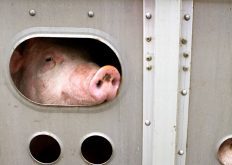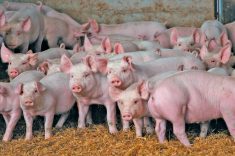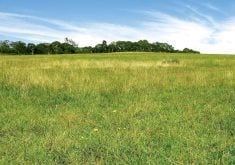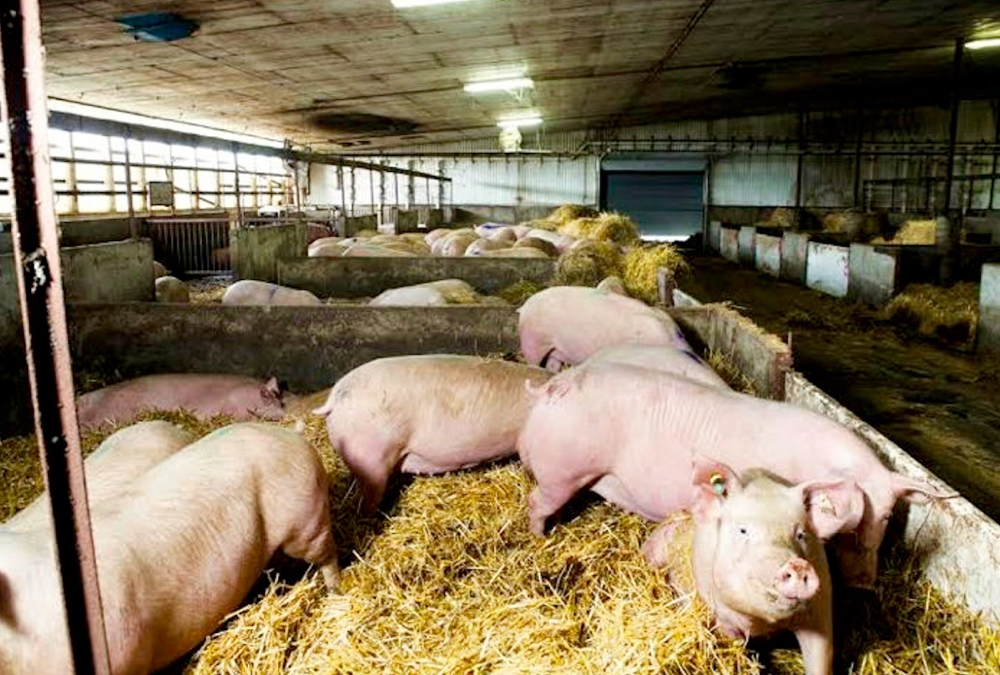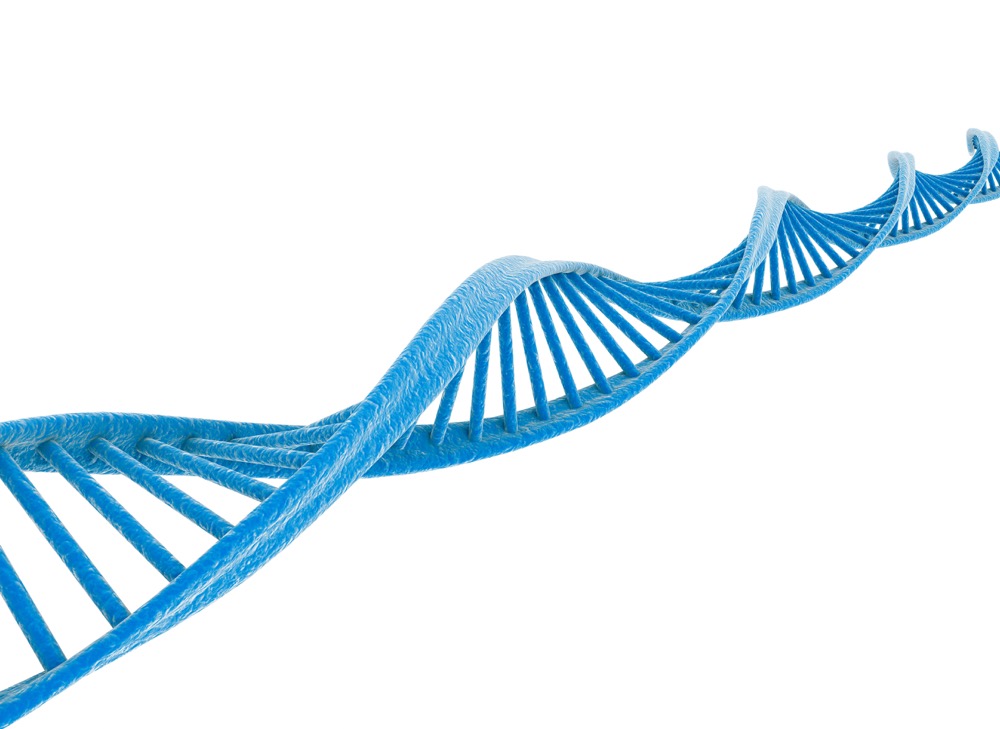The Manitoba Co-operator’s election campaign story on Sept. 21, 2023, contained the following quote:
“The Green Party platform contains numerous water-related plans, including a note to strengthen manure management regulations in the Red River Basin ‘to eliminate manure run-off.’ [Liberal candidate Neil] Stewart said water-related incidents are likely to become larger, and the province needs to set parameters and recognize the need to be prepared.”
How soon we forget the rise of the toxic menace called E. coli.
Read Also

Trump calls off trade talks with Canada
U.S. president announced that trade talks with Canada are ‘hereby terminated’ over social media Oct. 23. Move comes after Ontario ad invoking former president Ronald Reagan.
The food poison that recently hit Calgary daycares is fairly new, but Ontario is no stranger to it.
In 2002, judge Dennis O’Connor released his inquiry report into the failure of the water treatment system in Walkerton, Ont.
Admittedly, 2002 was a long time ago. But it’s hard not to be reminded of Walkerton every time a government – provincial or federal – pronounces that gatekeepers, regulators and “red tape” are to blame for slowing down the natural competitiveness of business.
It’s also hard not to remember Walkerton whenever there’s a major E. coli outbreak.
It is, after all, an opportunistic bacterial infection that usually causes outbreaks when public health systems fail to catch it. It turns up when restaurant fridges are too warm to prevent bacterial growth, when animal feces make their way into direct contact with farmed lettuce or when, like in Walkerton’s case, manure finds its way into the water we drink.
Factory hog barns are ideal surroundings for this disease to develop and proliferate.
Our governments, although informed, have ignored the warnings about this toxic situation.
Manure, in the form of slurry, is spread upon the fields. E coli within the manure will leech into and contaminate our water sources.
Am I being overly cautious? I don’t think so.
John Fefchak
Virden, Man.





